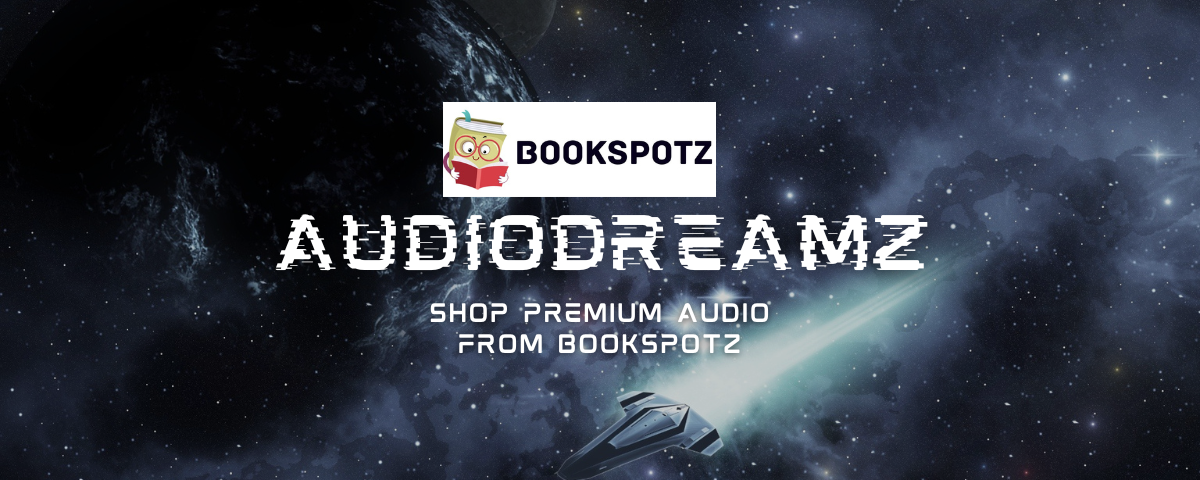Death doesn't exist and may be an illusion, according to Quantum Physics
Death, as we perceive it, may not exist. Instead, it might be an illusion, a byproduct of our limited understanding of the quantum realm.











In the vast expanse of our universe, where time and space stretch infinitely, humanity has always grappled with the concept of death. It is seen as the ultimate end, a cessation of consciousness and existence. However, as we delve deeper into the enigmatic world of quantum physics, a radical and thought-provoking idea emerges: death, as we perceive it, may not exist. Instead, it might be an illusion, a byproduct of our limited understanding of the quantum realm.
Quantum physics, the branch of science that studies the smallest particles of the universe, reveals a reality that is far stranger than anything we encounter in our everyday lives. At its core, quantum mechanics challenges our classical understanding of the world. Particles can exist in multiple states simultaneously, only settling into a definite state when observed – a phenomenon known as superposition. This principle disrupts the notion of a single, objective reality.
One of the most compelling concepts in quantum physics is the idea of parallel universes or the multiverse. According to the many-worlds interpretation, every decision, every quantum event, creates a branching of the universe into multiple, coexisting realities. In this framework, every possible outcome of a quantum event occurs, each in its own separate universe. This means that while we may experience a specific sequence of events in our reality, an infinite number of alternative realities exist where different outcomes unfold.
Applying this to the concept of death, one could argue that what we perceive as the end of consciousness in our universe is merely a transition to another parallel reality. In one universe, an individual might die, but in another, they continue to exist. This continuous branching of universes means that the essence of our being, the quantum information that constitutes our consciousness, may never truly vanish but rather persists in alternate forms across the multiverse.
Another intriguing aspect of quantum physics is the nature of time. In the quantum realm, time is not a linear, one-way progression from past to future as we experience it. Instead, it is more fluid and dynamic. The Wheeler-DeWitt equation, a fundamental equation in quantum gravity, suggests that time may not even exist at the most fundamental level of reality. If time itself is an illusion, then our understanding of life and death, which is deeply tied to the flow of time, also comes into question.
Furthermore, the phenomenon of quantum entanglement adds another layer of complexity. When particles become entangled, their states are interconnected regardless of the distance separating them. This implies that information can be transferred instantaneously, defying the classical constraints of space and time. If our consciousness is linked to quantum processes, it is conceivable that aspects of our identity could transcend the limitations of our physical existence.
While these ideas might seem like the stuff of science fiction, they are grounded in the rigorous mathematics and experimental findings of quantum mechanics. The very act of observing and measuring quantum phenomena has demonstrated the strange and counterintuitive nature of reality. As we continue to explore the quantum realm, we may uncover deeper insights into the true nature of existence and consciousness.
It is important to note that these concepts remain speculative and are the subject of ongoing research and debate within the scientific community. The implications of quantum physics for our understanding of life, death, and the nature of reality are profound and far-reaching. They challenge us to reconsider our most fundamental beliefs and to embrace the possibility that reality is far more mysterious and wondrous than we can currently comprehend.
In conclusion, the notion that death is an illusion, a mere transition within the quantum multiverse, offers a tantalizing glimpse into a reality where consciousness may transcend our physical limitations.
As we advance our understanding of quantum physics, we may one day unlock the secrets of existence and uncover the true nature of life and death. Until then, we are left to ponder the profound mysteries of the universe and our place within it, ever guided by the relentless pursuit of knowledge and understanding.
Connect with Digital Marketing Legend "Srinidhi Ranganathan" on LinkedIn:


Check out these amazing content from Bookspotz and New Bots:





























